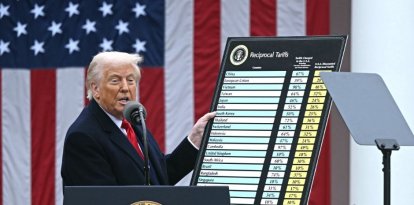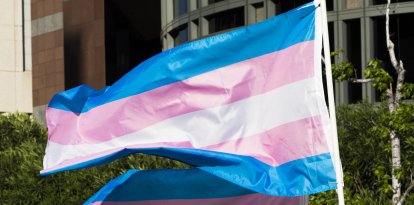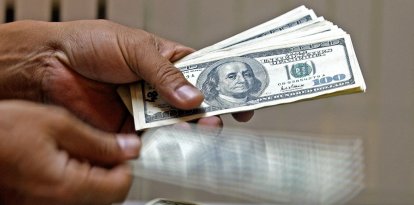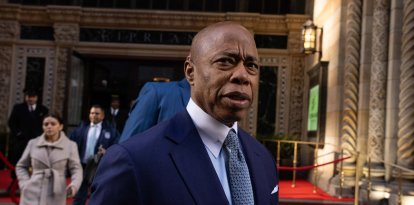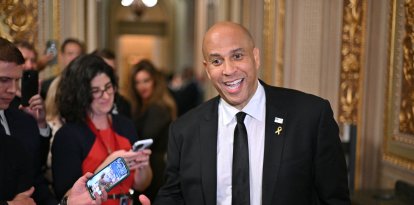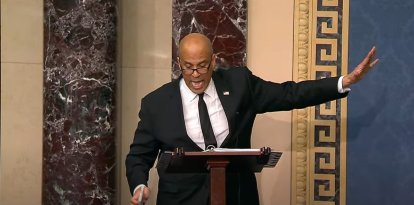The Supreme Court orders the Department of Justice to review a January 6 case for an allegedly exaggerated sentence
This is the case of Russell Alford who was found guilty of four crimes by lower courts.
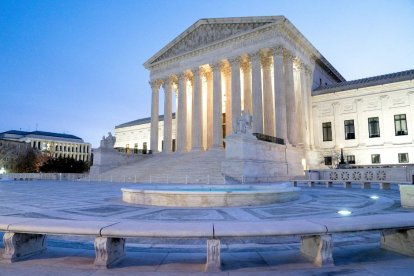
Corte Suprema de los EEUU, en Washington, D.C. (AFP)
The Supreme Court ordered the Department of Justice (DOJ) to review a controversial January 6 case, in which Russell Alford and his legal team claim the man received excessive sentences from lower courts. According to his lawyers, at least two of the charges brought were wrong.
The highest court in the country ordered the body led by Merrick Garland to respond to Alford's request and that it had until May 23 to review its case. The request does not imply that the justices will necessarily take the case, but they are demanding a response from the DOJ.
Alford participated in the protest at the Capitol but only entered the building. A jury found him guilty of four misdemeanors, but he is currently seeking to challenge two of them, arguing that they do not apply to his conduct.
"Charges should not have been filed"
According to the court of appeals that heard his case and upheld the convictions, although Alford was "neither violent nor destructive ... a jury could rationally find that his unauthorized presence in the Capitol as part of an unruly mob contributed to the disruption of the Congress's electoral certification and jeopardized public safety."
"The charges should not have been brought because the laws on which they're based bar disorderly and disruptive conduct in a Capitol building and in a restricted building, but Mr. Alford merely entered the Capitol and stood silently against a wall before exiting," Alford's lawyers wrote in a document addressed to the Supreme Court justices.
The lawyers also pointed out that the ruling against their client is incorrect because it focuses on the effects of his conduct and not on its nature. That approach "collapses the conduct element into the harm element by not giving the adjectives any apparent force," they said. They later argued that simply being present "does not constitute disorderly conduct unless the presence defies an order to disperse."
They added, "The court should grant review because this case presents an important question of interpretation of federal law." The appellate rulings set "a slippery, countertextual standard for criminalizing conduct in settings for political activity."
Regarding January 6, the country's highest court is ruling on Fisher vs. United States, another case about January 6 whose outcome could be critical for several accused, including Donald Trump.
Laws that would not apply to Alford
His attorneys are challenging the convictions based on 18 USC § 1752(a)(2) and 40 USC § 5104(e)(2)(D).
The first criminalizes the act of "utter loud, threatening, or abusive language, or engage in disorderly or disruptive conduct, at any place in the grounds or in any of the Capitol Buildings with the intent to impede, disrupt, or disturb the orderly conduct of a session of Congress or either house of Congress, or the orderly conduct in that building of a hearing before, or any deliberations of, a committee of Congress or either house of Congress."
In turn, the second prohibits persons "knowingly, and with intent to impede or disrupt the orderly conduct of government business or official functions, engages in disorderly or disruptive conduct in, or within such proximity to, any restricted building or grounds when, or so that, such conduct, in fact, impedes or disrupts the orderly conduct of government business or official functions."
RECOMMENDATION

